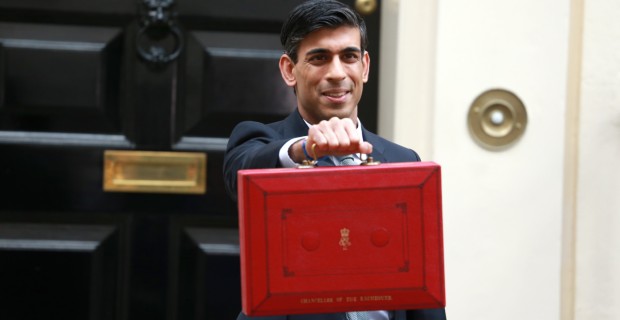In today’s Spending Review, chancellor Rishi Sunak confirmed that the government have accepted the Low Pay Commission’s recommendations in full for wage increases in 2021. The National Living Wage rate will rise to £8.91 per hour, a 2.2% increase on current rates, from April 2021. The National Living Wage will also apply for all staff aged 23 and over.
In its report on recommendations for the 2021 wage rate, the Low Pay Commission refers to concerns raised by ACS about retailers taking on more hours in the business themselves, as well as the significant impact that the pandemic has had on stores that rely on office workers, commuters and transient trade.
ACS chief executive, James Lowman, said: “These are extraordinary and challenging times for businesses. Wage costs remain the biggest cost in a convenience store business, so a more restrained National Living Wage Increase will help struggling businesses to keep more colleagues employed rather than having to plan a cut in hours or headcount.”
However, retail trade union Usdaw says it is disappointed that low paid workers will not get the full minimum wage increase they were promised. Paddy Lillis, Usdaw general secretary, said: “We provided the Low Pay Commission with evidence of why we need a new deal for workers, which includes at least £10 per hour and an end to unjust rip-off youth rates. Today the chancellor missed the opportunity to fully recognise the huge efforts low-paid key workers have made through the pandemic.”
He added: “There needs to be lasting and fundamental changes to the way society views our lowest paid workers. We need a new deal for the workers: a minimum wage of at least £10 per hour, an end to insecure employment, respect for shopworkers and action to ensure that retail jobs are no longer underpaid and undervalued.”
The government has set a target for the National Living Wage to reach 2/3 of median earnings by 2024, after achieving its previous target of 60% of median earnings by 2020.
 Talking Retail Grocery and product news for independent retailers
Talking Retail Grocery and product news for independent retailers






